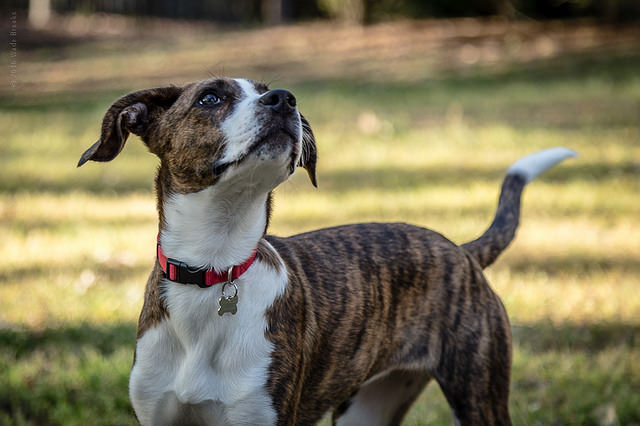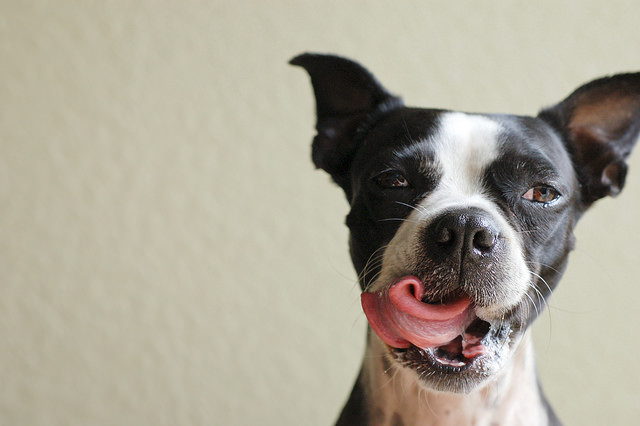We all believe dogs are smart, but we might not be giving them as much credit as we should be. Although we look in awe as our dogs amaze us with the incredible tasks and tricks they can learn to perform, we often don’t consider them to be purposefully deceptive. After all, they’re supposed to be man’s best friend, right? Well, they certainly are, but they know when man isn’t being their best friend and a recent study has shown that dogs will act deceptively in order to suit their better interests.
Marianne Heberlein, evolutionary biologist at the University of Zürich, noticed her dogs seemed to often deceive each other. One would go outside and pretend to find something interesting in the yard so that the other would get up, and then come inside and steal the bed the other dog was sleeping on. This type of behavior led Heberlein to believe that her dogs were smarter than she had originally thought.

Heberlein decided to perform a study to test this theory, which was published in Animal Cognition on March 1, 2017. She gathered a team of researchers and 27 dogs of different breeds. The dogs were there with their owners and two strangers were introduced – two different women. Each woman walked to an empty food bowl roughly 3 meters away and called the dogs over to them. The owners would let their dogs greet the strangers and one woman, the “Cooperative Partner,” would offer the dog a treat, while the other woman, the “Competitive Partner,” would place the treat in her pocket and offer her empty hands to the dog.
The dogs were then taught to walk each of the partners to two identical boxes – one which contained a dog biscuit and the other a sausage link – upon hearing the command “show me the food.” If the dog led the Cooperative Partner to one of the boxes, they got the treat. If they led the Competitive Partner, they got no reward. Afterwards, regardless of the partner, they received a treat from their owners.
Next, both Cooperative and Competitive Partners offered a sausage to the dog. The dogs were released by their owners where the Cooperative Partner gave the sausage and the Competitive Partner put it in her pocket and gave nothing to the dog. After these training scenarios, the dogs were placed in a 2-day test.

In the test, the dogs were shown three different boxes – one with the sausage, one with the dog biscuit, and one with nothing inside. In the training, it was clear that the dogs preferred the sausage over the dog biscuit. During the testing, it became clear that the dogs were able to implement what they learned about each partner in order to get their preferred sausage treat. The dogs would lead the Cooperative Partner to the box with the sausage and the Competitive Partner to the biscuit or empty box. Because they knew the Competitive Partner wasn’t going to give them anything regardless of what they did, they would save the sausage box in the hopes that they would get the sausage from the Cooperative Partner or their owner at a later time. In other words, they were trying to trick the Competitive Partner into not withholding a the sausage because they were being led to an empty box, or a box of lesser value.
Although the study is small and the only one related to dogs at this time, it’s based on comparable studies with different animals. Similar scientific research in the past has shown the cognitive abilities of chimpanzees, certain monkeys and even ravens to purposefully withhold information in order to manipulate their counterpart for the sake of protecting their food. These findings certainly offer results similar to those of the ones we see here and show us that animals might be much more intelligent than we originally gave them credit for.
Cover photo: ktbuffy via Flickr
